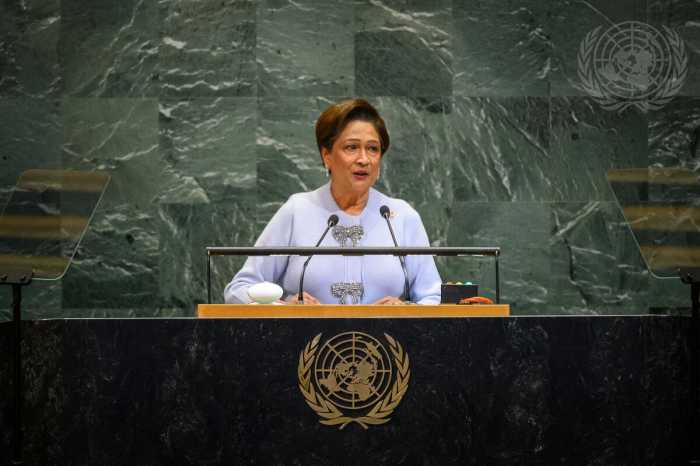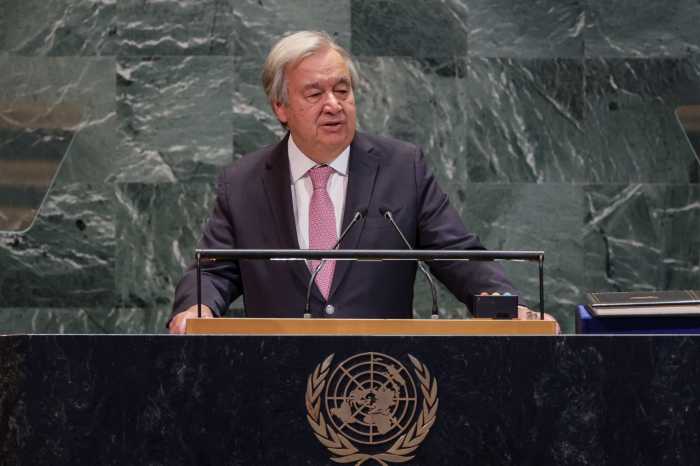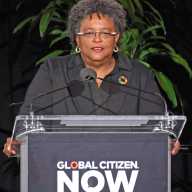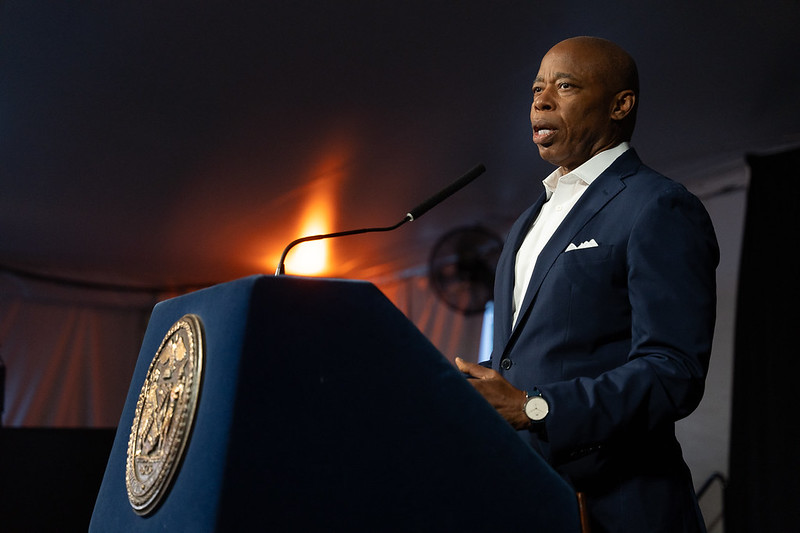As the Eastern Caribbean Central Bank (ECCB) marked its 29th anniversary on Oct. 1, the bank’s governor, Sir K Dwight Venner, said the main accomplishment of the institution over the years has been the bank’s integration of itself into the financial and economic life of its eight member countries.
“The bank has also secured the reputation of being a sound and well-run institution, and has expanded the credibility of the ECCB, he said.
The governor said that amidst the ongoing global economic and financial crisis, collective action and collective decision-making have been the key factors in the bank’s fulfilment of this mandate: .
In January 2011, member governments of the OECS ratified the Treaty of Basseterre establishing the OECS Economic Union and in August 2012 the governments and opposition leaders came together for the inauguration of the OECS Parliamentary Assembly.
Mr. Venner says that by virtue of being a “supranational institution” working for the entire region, the ECCB provides the framework and a good blueprint for the operation and functioning of a regional system. Therefore, the bank, he said, “will lend its experience to these new regional arrangements.”
The ECCB governor expresses gratitude to the people of the ECCU member states and added that the ECCB has been inspired by their support and high level of respect for the bank. Mr. Venner gave the assurance that the bank will continue to work to ensure the stability and prosperity of the countries of the currency union, for the benefit of the citizens.
The ECCB was established on Oct. 1, 1983 as the monetary authority for: Anguilla, Antigua and Barbuda, the Commonwealth of Dominica, Grenada, Montserrat, St Kitts and Nevis, St. Lucia and St. Vincent and the Grenadines. The bank is the only institution which has the authority to issue and manage the EC dollar.

























